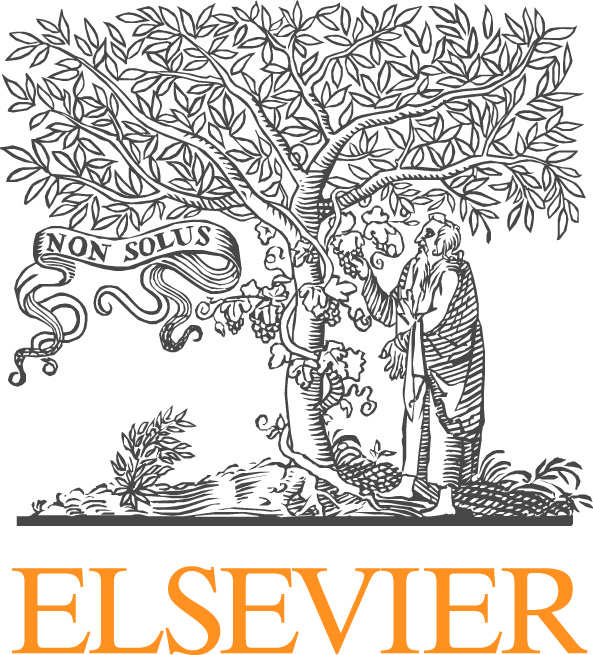
Multiphysics Computations for Nuclear Energy Simulations
Jason Hales, Benjamin Spencer, Nathan Crane
The simulation of systems associated with nuclear energy production is often a complicated endeavor relying on a host of computational technologies. Simulations of fuel performance, for example, require coupling heat conduction, mechanical strain, creep, contact, fracture, evolving pressure, and many other factors. Furthermore, the long times scales of fuel life (years) must be accommodated along side fast transient events (seconds). In addition, the accident at the Fukushima nuclear power plant has increased the desire for a predictive computational tool that can model loss of coolant accidents and other off-normal scenarios. We invite papers related to the computational modeling of nuclear energy systems. We particularly encourage submissions demonstrating innovative techniques that may provide predictive capability of proposed nuclear fuels or of off-normal events.
Topics include but are not limited to the following:
* Tightly coupled multiphysics modeling
* Thermal/mechanical contact
* Gap heat conduction modeling
* Fuel and cladding creep
* Multiscale modeling (grain to pellet, fuel rod to assembly, etc.)
* Pellet clad mechanical interaction
* Stress corrosion cracking
* Clad hydriding
* Oxidation modeling
* Crack modeling of fuel pellets
* Accident modeling (LOCA, RIA)
* Long-term storage of spent fuel
* Multi-phase flow and heat transfer










